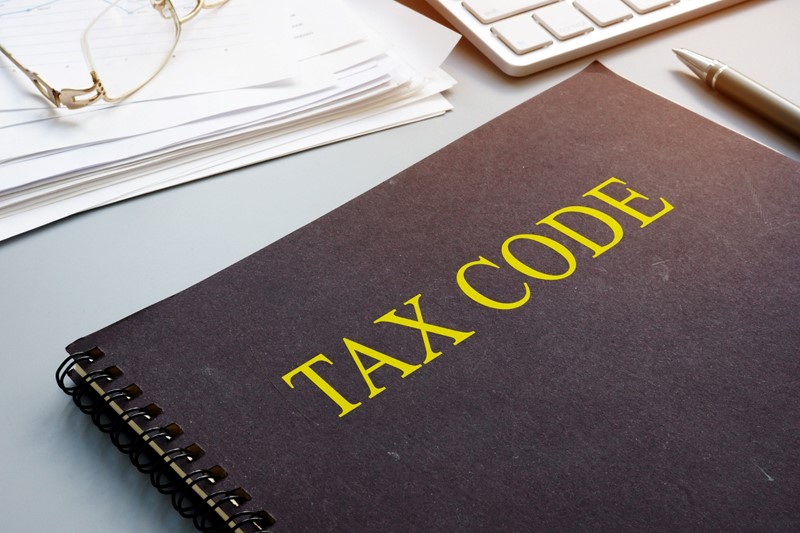
by | May 16, 2024 | Payroll
There are a number of rules and regulations that you must be aware of when you employ staff for the first time. HMRC’s guidance sets out some important issues to be aware of when becoming an employer. Decide how much to pay someone – you must pay...

by | Apr 11, 2024 | Payroll
The tax treatment of termination payments has changed significantly over recent years. The changes have aligned the rules for tax and secondary National Insurance contributions (employer (NICs)) by making an employer liable to pay NICs on termination payments they...

by | Apr 4, 2024 | Payroll
The letters in an employee’s tax code signify their entitlement (or not) to the annual tax free personal allowance. The tax codes are updated annually and help employer’s work out how much tax to deduct from an employee’s pay packet. The basic...

by | Feb 15, 2024 | Payroll
A reminder for our readers that the National Living Wage (NLW) and the National Minimum Wage (NMW) rates will increase with effect from 1 April 2024. The increase will see the NLW rate increased to £11.44 per hour, an increase of over £1 over the current...

by | Jan 25, 2024 | Payroll
Employers generally use payroll software or other payroll services to record employees pay, deductions and National Insurance contributions on or before each payday. They also need to consider other deductions such as pension contributions and student loan...

by | Jan 25, 2024 | Payroll
Assets such as computers, televisions and bicycles that are made available to employees can create certain tax, National Insurance and reporting obligations. There is no requirement to report anything to HMRC if the asset is office equipment only used for...








Recent Comments